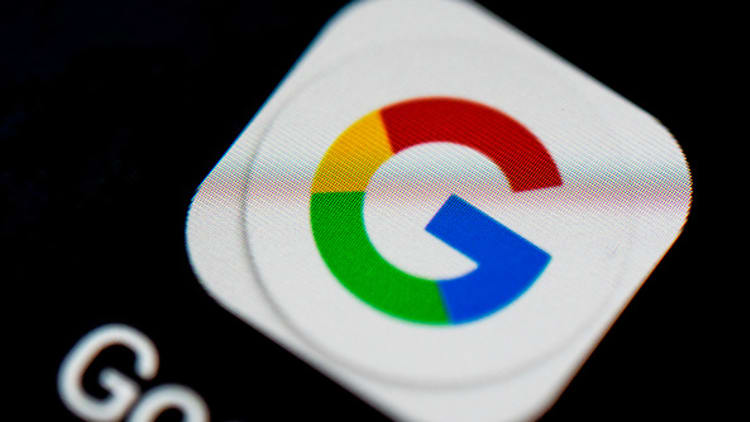In response to the European Union's $5 billion antitrust ruling in July, Google will change how it bundles its apps on Android phones and charge a licensing fee for phone makers that want to pre-install apps like Gmail, Maps and YouTube in the EU.
Google will also end restrictions on phone makers selling modified or "forked" versions of the mobile operating system.
Previously, Google tied together a suite of 11 different apps that phone makers would have to pre-install if they wanted to license its app store, Play. In July, the EU ruled that this bundling was anti-competitive — pushing consumers toward Google's search engine and weakening rival app makers — though it only specifically called for Google to separate Chrome and Search from Play.
In response, Google said in a blog post on Tuesday that it will start offering separate licenses for Search and Chrome, as well as a license for its suite of apps like Maps, Gmail and Docs. That means that if phone makers want to pre-install those apps, they will have to pay a fee, though the amount was not specified. Google says the new licensing fee will offset revenue lost through compliance efforts that it uses to fund the development of Android, which it offers as a free, open source platform. The licenses for Search and Chrome will not have a fee.
Although Google doesn't make money from Android directly, it generates advertising revenue through search as well as Chrome, Maps and Gmail, serving ads within those apps and using data it collects from users to better target ads across its platforms.
"Since the pre-installation of Google Search and Chrome together with our other apps helped us fund the development and free distribution of Android, we will introduce a new paid licensing agreement for smartphones and tablets shipped into the EEA [European Economic Area]," wrote Hiroshi Lockheimer, Google's vice president of platforms.
Google's previous agreements with phone makers also prevented them from selling modified versions of Android if they wanted to use its suite of apps, but the company will now allow manufacturers to build forked smartphones and tablets for the EEA.
Overall, Google's Android powers more than 80 percent of the world's smartphones. These changes, which will come into effect on Oct. 29, will only affect phones for the EEA, a group consisting of 28 EU countries, plus Iceland, Liechtenstein and Norway.



